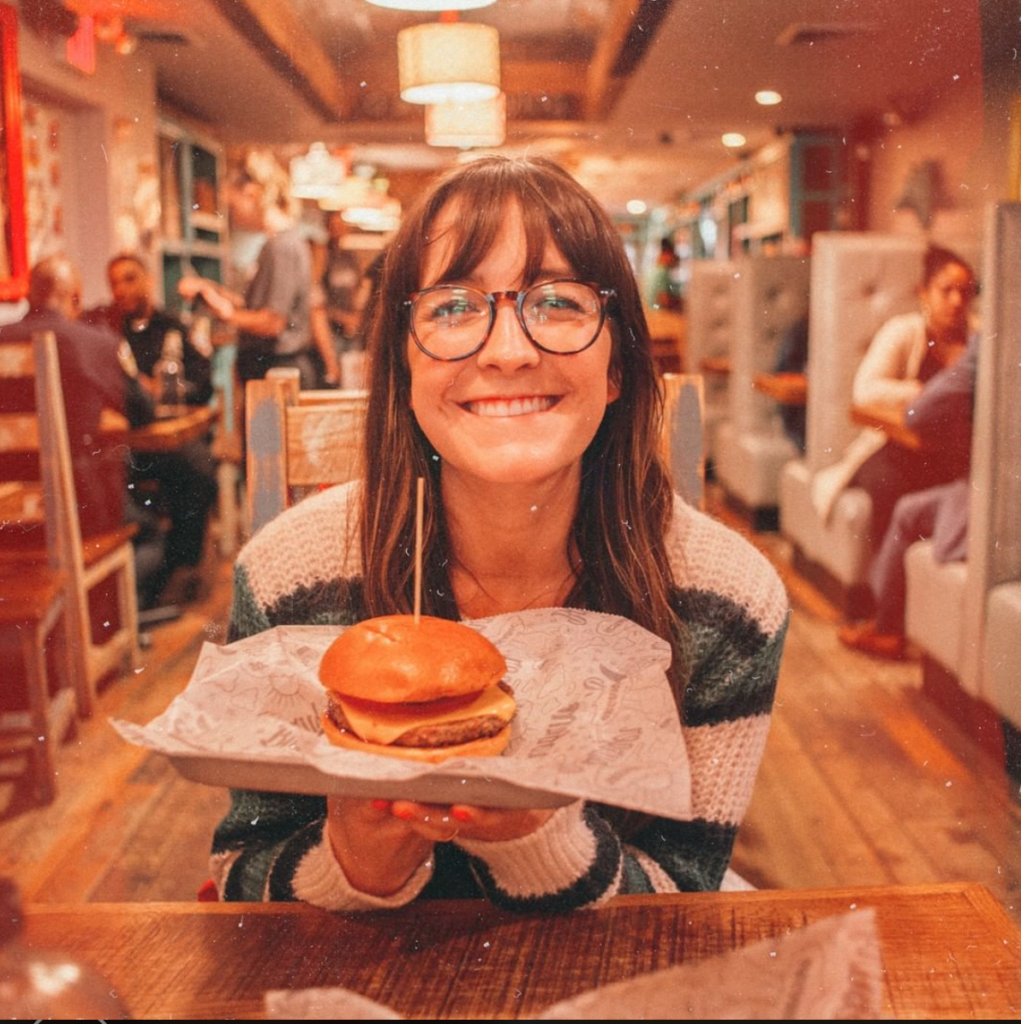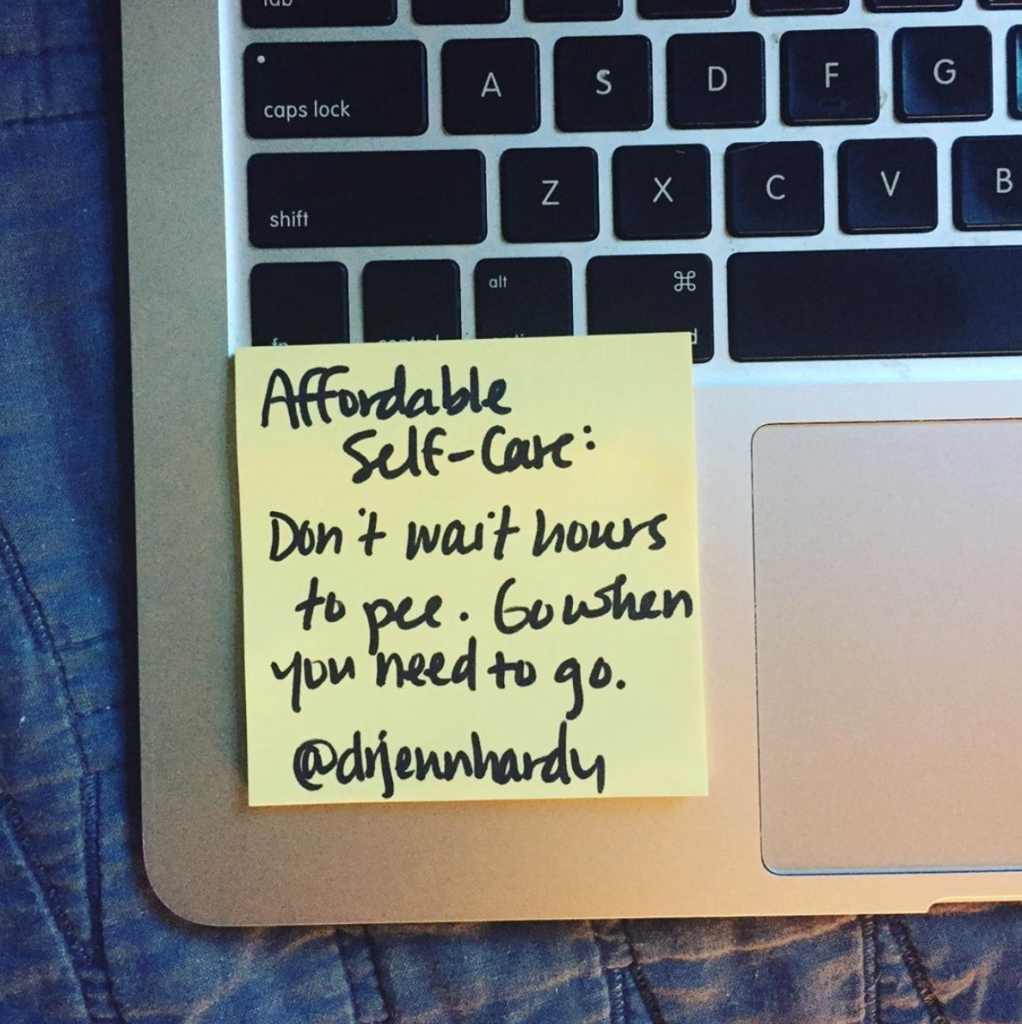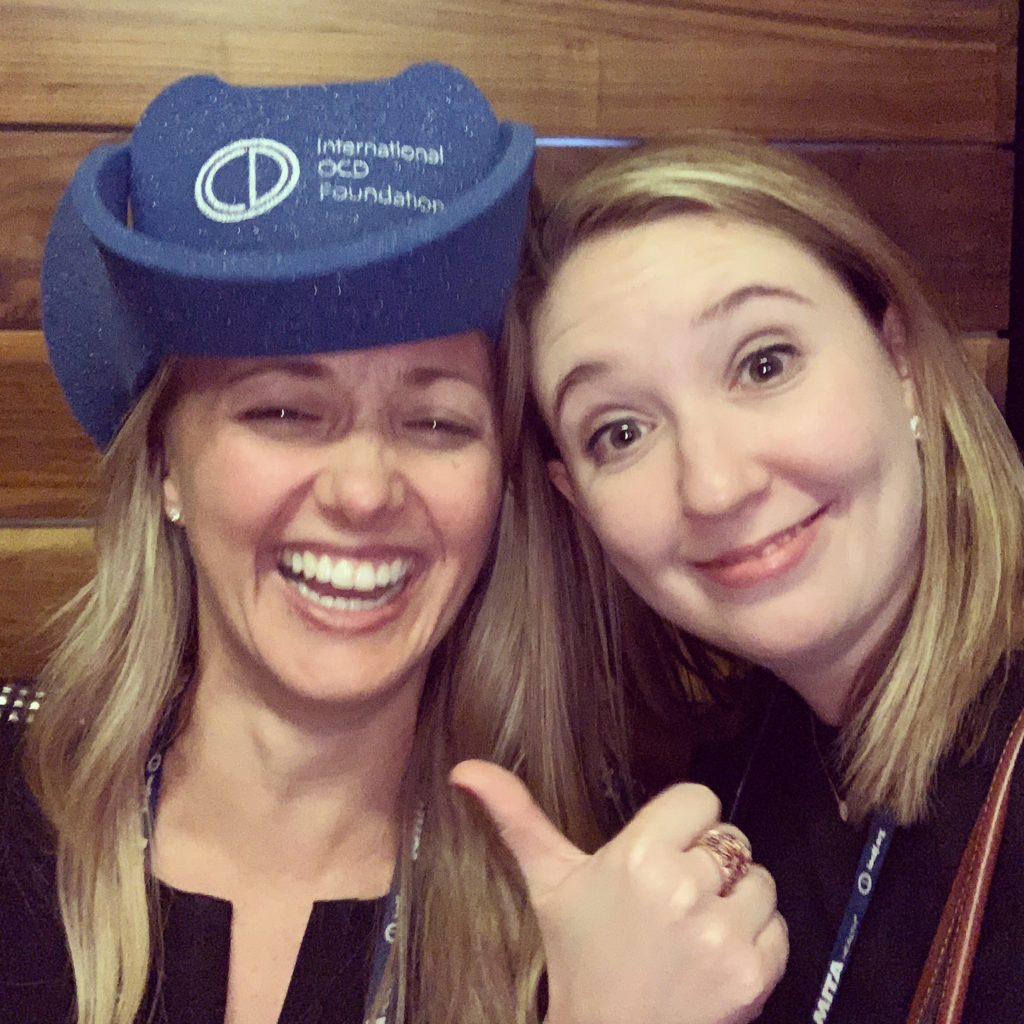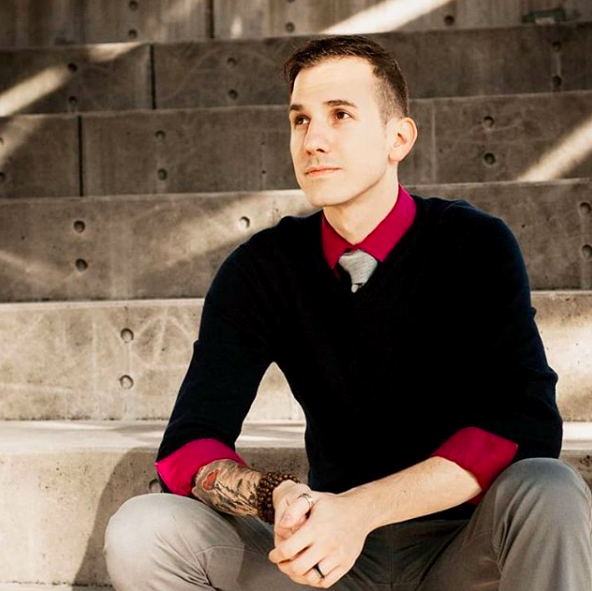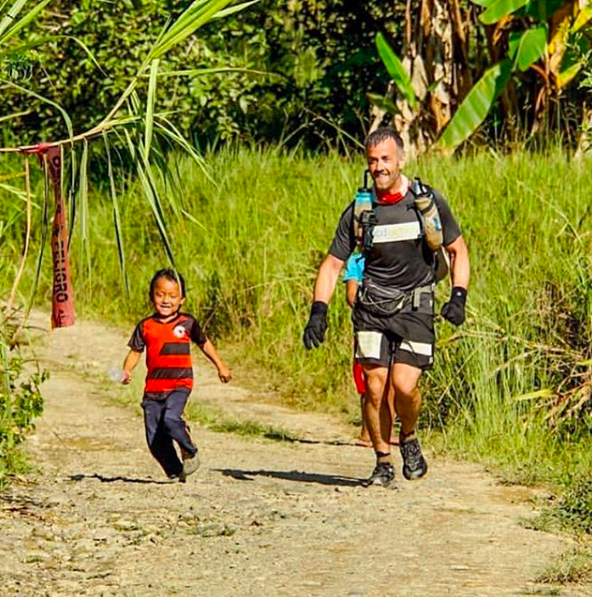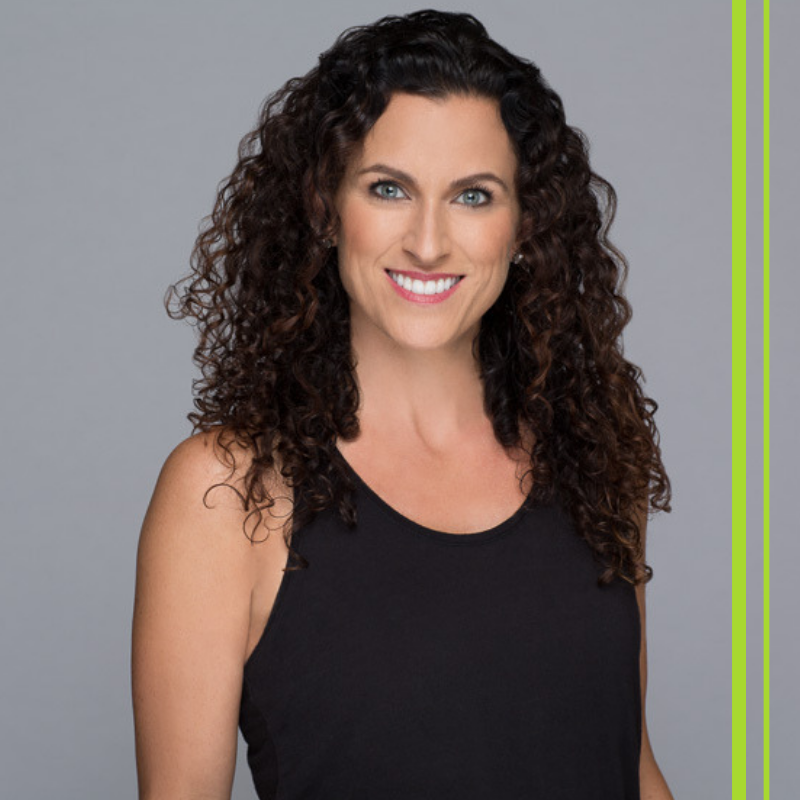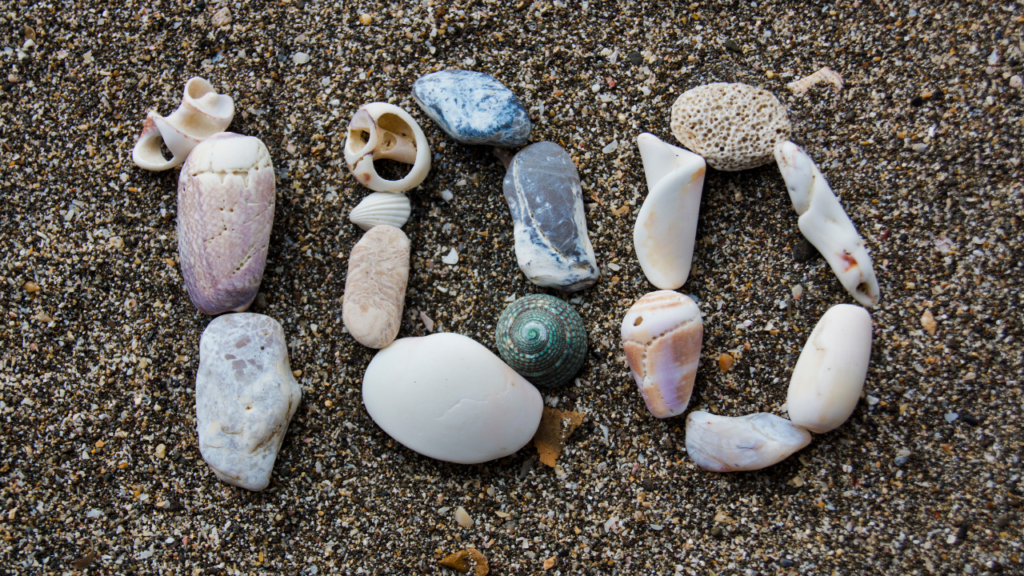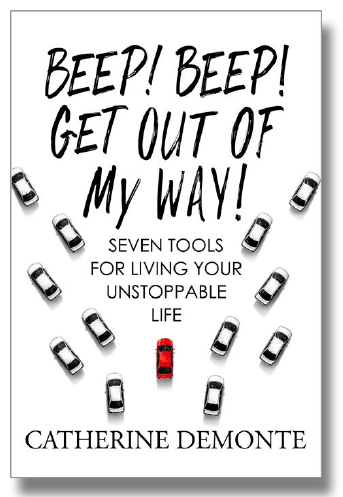Ep. 115: Finding Your Compassionate Voice

Welcome back to another episode of Your Anxiety Toolkit. Today I was reflecting on what you might need to hear and it dawned on me that you might need a solid dose of compassion. So, today we are talking about finding your compassionate voice. In this podcast, I will lead you through a “Finding your compassionate voice” meditation, created originally by Kristin Neff and Christopher Germer. The script is below, but please note that I did change a few components to match the style of my voice and my ideas for what you needed to hear.
Finding your compassionate voice involves us bringing what we need to hear to our awareness. Examples of finding your compassionate voice might sound like:
“I love you”
“I am here for you”
“You are enough”
“You are loved”
“Everything is going to be ok”
Finding your compassionate voice is an exercise or tool that might be able to offer you a skill to increase self-compassion, self-kindness, and self-respect.
Finding your Compassionate Voice Meditation
Please find a posture in which your body is comfortable and will feel supported for the length of the meditation.
Then let your eyes gently close, partially or fully.
Taking a few slow, easy breaths, releasing any unnecessary tension in your body.
• If you’d like, placing a hand over your heart or another soothing place as a reminder that we’re bringing not only awareness but affectionate awareness to our breathing and to ourselves. You can leave your hand there or let it rest at any time.
• Now beginning to notice your breathing in your body, feeling your body breathe in and feeling your body breathe out. Now releasing the focus on your breathing, allowing the breath to slip into the background of your awareness, begin to offer yourself words or phrases that are meaningful to you. Whisper these words into your own ear.
• Just letting your body breathe you. There is nothing you need to do.
• Perhaps noticing how your body is nourished on the in-breath and relaxes with the out-breath.
• Now noticing the rhythm of your breathing, flowing in and flowing out. (pause) Taking some time to feel the natural rhythm of your breathing.
• Feeling your whole body subtly moving with the breath, like the movement of the sea.
• Your mind will naturally wander like a curious child or a little puppy. When that happens, just gently returning to the rhythm of your breathing. This is mindfulness.
• Allowing your whole body to be gently rocked and caressed – internally caressed – by your breathing.
• If you like, even giving yourself over to your breathing, letting your breathing be all there is. Becoming the breath.
• Just breathing. Being breathing.
• And now, gently releasing your attention to the breath, sitting quietly in your own experience, and allowing yourself to feel whatever you’re feeling and to be just as you are.
• Slowly and gently open your eyes.
